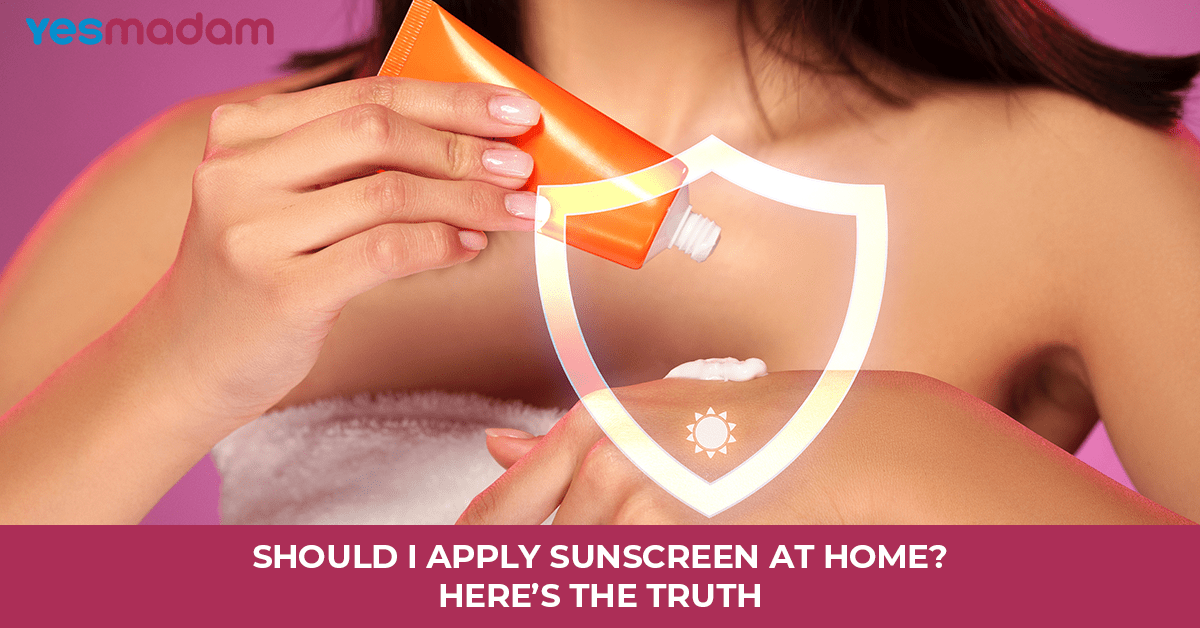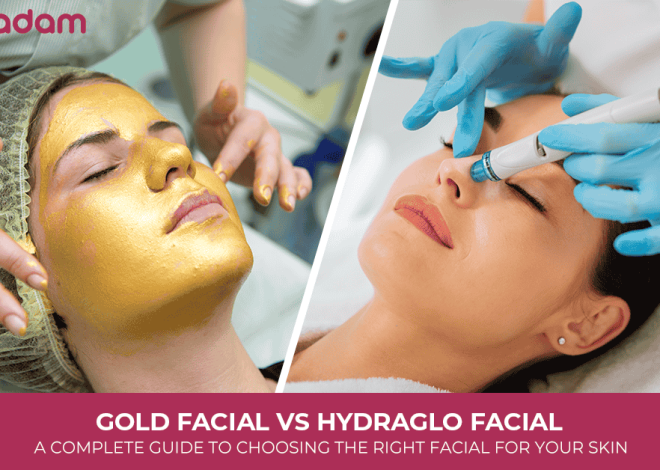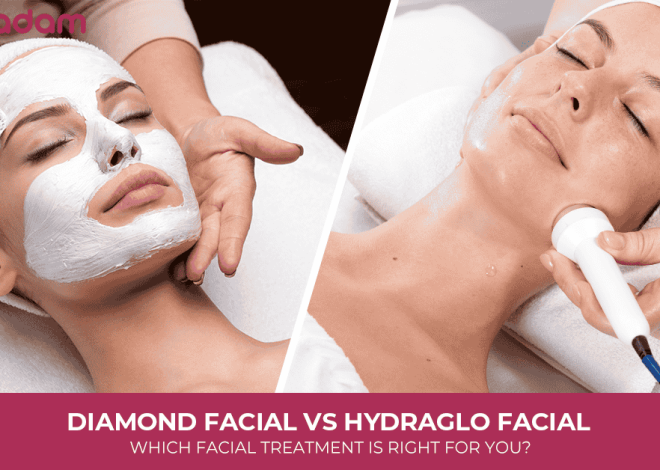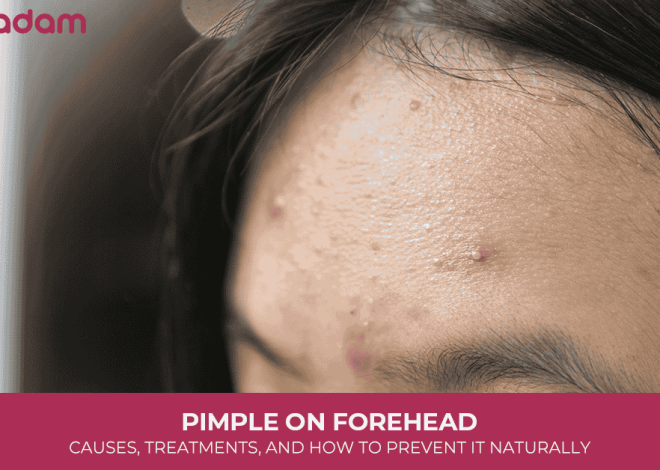
Should I Apply Sunscreen At Home? Here’s The Truth
Are you surrounded by the myth that staying at home guarantees complete sun protection? Well, that’s not true.
Even indoors, especially at home, your skin remains exposed to the sun’s UVA (ultraviolet A rays ) that pass through windows, or the effects of screen light from laptops, phones, digital screens, and LED bulbs can also impact your skin.
At-home skincare is equally important as your outdoor skincare routine. In such a scenario, selecting a broad-spectrum sunscreen and applying it daily can make a huge difference.
Read this blog on should I apply sunscreen at home to understand why sunscreen application is important at home and how it effectively protects your skin even within the four walls of your home.
Table of Contents
What Are UV Rays?

Before diving deep into: Should we apply sunscreen at home? Let’s examine what UVA, UVB rays, and blue light are and how they can impact your skin. The entire logic behind should we use sunscreen at home revolves around these three things:
1 . Ultraviolet A (UVA) rays: These sun rays penetrate deeper into the skin and are the main culprit behind pigmentation, skin ageing, or even skin cancers. These rays can penetrate through glass windows, which filter only 25-40% of UVA rays and hit your skin even when you are at home.
2. Ultraviolet B (UVB) rays: These rays lead to sunburn and are often blocked by glass, but they may still cause long-term skin damage, necessitating the use of sunscreen at home or outdoors.
3. Blue Light (HEV light): Blue light emitted by everyday electronic screens like our phones, computers, tablets, or LED televisions can also damage your skin, even though the levels of blue light emitted by these devices are lower than those emitted by the sun.
Why You Should Apply Sunscreen at Home?

People often wonder, “Can we use sunscreen at home”? If they are not going outside. The definite answer is Yes.
Here are the reasons:
- Windows do not fully block UV rays: Ordinary glass windows fail to provide complete protection. Research studies have concluded that up to 50 percent of UVA rays can penetrate through windows and lead to skin ageing, DNA damage, and pigmentation.
- Blue light emission: Digital screens like mobiles, tablets, and computers tend to emit high-energy visible (HEV) light, which may worsen hyperpigmentation and aggravate skin ageing.
- LED and fluorescent lights cause damage: These indoor lighting sources still generate low levels of UV radiation, increasing cumulative exposure.
- Regular protection prevents long-term damage: Applying sunscreen while you stay at home daily is your LIC policy against gradual skin damage.
Factors to Consider for Choosing the Right Sunscreen for Home Use
Now that you know, why should i wear sunscreen at home? Selecting the right type is important. The following are the factors to consider, as not all sunscreens work equally well at home:
1. Check the SPF
Although a lower amount of SPF may look adequate, an SPF of 30 or more provides continuous protection even if you are near windows or using digital screens.
2. Broad spectrum protection
Check labels with the term broad spectrum printed on them, and select a broad-spectrum sunscreen providing protection against both UVA and UVB rays. UVA protection is more important for the home.
3. Ingredients
It’s crucial to look for the right ingredients in the sunscreen if you have been asking yourself, can I use sunscreen at home.
Select antioxidants and actives such as green tea, vitamin C, or niacinamide to improve protection against sources of blue light emission at home and to keep your skin bright and glowing.
4. Non-comedogenic formulas
Selecting a lightweight, non-greasy sunscreen helps ensure comfort during your long hours of stay at home, as there is no direct sun exposure or sweating.
More Information For You: Avocado Oil for Skin
How to Apply Sunscreen at Home Correctly
To correctly apply sunscreen at home, apply a sufficient amount to all exposed skin, including the face, neck, ears, and hands, about 15-30 minutes before going outside, even on cloudy days.
1. Apply at the Right Time
- Before sun exposure: Apply sunscreen 15 to 30 minutes before sun exposure.
- Daily: Apply it daily, even if you’re staying indoors, as UV rays can penetrate windows.
2. Use the Correct Amount
- The two-finger rule: A general guideline is to use the length of two fingers of sunscreen for your face and neck. This ensures you’re using enough product to achieve the labeled sun protection factor (SPF).
3. Apply Evenly
- Dot and blend: Apply the sunscreen in dots across your face and neck.
- Cover all exposed areas: Don’t forget areas often missed, such as your ears, the back of your hands, the tops of your feet, and your scalp.
- Use a lip balm: Apply a lip balm with an SPF of at least 30 to your lips.
4. Reapply Regularly
- Every two hours: Reapply your sunscreen every two hours if you are outside for extended periods.
- After activities: Reapply immediately after swimming or sweating.
5. Remember Key Tips
- Shake the bottle: Before use, shake the sunscreen bottle to ensure an even consistency and prevent clumping.
- Be gentle: When applying to the face, gently pat the sunscreen on to avoid irritation and ensure a more even application.
- Don’t forget cloudy days: UV rays can still damage your skin on cloudy days, so continue to use sunscreen.
Don’t Miss: Secret to Plump Skin
Skincare Ingredients to Look For In The Right Sunscreen for Home Use
Understanding the right actives and ingredients is yet another crucial aspect of the question: can we apply sunscreen at home? As in today’s digital age, blue light emissions can take a toll on your skin, too.
| Ingredients /antioxidants/actives in sunscreen for home use | Uses/ benefits |
| Niacinamide | Reduces redness, irritation, and inflammation from blue light exposure. |
| Hyaluronic acid | Deeply hydrates skin and prevents dryness due to indoor environments. |
| Green tea extract | Fights free radicals generated by blue light and the indoor environment. |
| Titanium dioxide | Gentle on sensitive skin, and is ideal for all-day indoor use at home. |
| Zinc oxide | Provides strong UVA and UVB protection, and against visible light and infrared radiation at home. |
| Vitamin C | Brightens skin and battles free radical damage from sunlight filtering indoors. |
| Iron Oxide | Offers protection against blue light from phones, indoor LEDs, and laptops. |
Additional Tips or Protective Measures To Reduce UV Exposure At Home
Although applying sunscreen at home is necessary, there are a few additional measures that can help protect your skin further:
- Window films or UV-blocking curtains: These are designed to block UV rays while allowing visible light to pass through.
- Wear UV protective clothing: Wear long sleeves, hats, and sunglasses to protect your eyes and skin, especially if you spend a lot of time sitting near windows.
- Make sunscreen a daily habit: Apply sunscreen every day, even when you stay at home, to shield your skin from UV rays entering through windows.
- Pay special attention to overlooked areas of the body: Areas like the top of your ears, the back of your hands, and your neck are frequently overlooked but still exposed to UV radiation at home. Apply sunscreen to these areas to prevent sun damage while you stay indoors at home.
- Reduce screen time: Limiting screen exposure helps reduce the impact of blue light on our skin.
Conclusion
Sunscreen is not for beach days or outdoor activities; it’s an inseparable part of your routine even when you’re at home. Thus, the answer to should I apply sunscreen at home is a straightforward yes. From indoor sun exposure to blue light emitted from skin, your skin faces hidden risks daily.
So, the next time you’re tempted to overlook sunscreen while at home, think again!. Follow the tips for selecting the right sunscreen for home use and combine them with the protective measures to ensure maximum UV protection throughout the day at home.
FAQs
Is it necessary to apply sunscreen at home?
Yes, it is necessary to apply a broad-spectrum sunscreen with at least SPF 30 at home because UVA rays can penetrate windows, causing premature aging and skin damage.
Can we use sunscreen daily at home?
Yes, you can and should use sunscreen daily, even at home, to protect your skin from harmful UVA rays that penetrate windows.
Do I need to put sunscreen at home at night?
No, in most cases, you don’t need sunscreen at night if there’s no natural light exposure. Once the sun sets, UV rays are no longer present, so wearing sunscreen purely indoors at night is unnecessary.
Does blue light from screens damage my skin?
Yes, it can. Phones, laptops, and LED lights emit blue light (HEVL), which may contribute to uneven skin tone and premature aging. Sunscreens with iron oxides and antioxidants provide extra protection against screen-induced damage.
Can I skip sunscreen if I use window curtains or blinds?
No, Curtains and blinds reduce direct sunlight but don’t fully block UVA rays. If you spend long hours near a bright window, applying sunscreen is a safer choice for consistent protection.
Is tinted sunscreen better for home use?
Yes. Tinted sunscreens with iron oxides offer an extra layer of protection against visible light and blue light from screens. They also help even out skin tone, making them a good indoor option.
Will sunscreen clog my pores if I wear it at home every day?
No, if you choose the right formula. Look for non-comedogenic, lightweight sunscreens that won’t block pores. Gel-based, fluid, or mineral sunscreens are excellent options for daily indoor use, especially for oily or acne-prone skin.
Is sunscreen necessary on cloudy or rainy days at home?
Yes. Even on cloudy or rainy days, up to 80% of UV rays can penetrate through clouds and windows. Wearing sunscreen indoors ensures year-round protection regardless of the weather.
Can sunscreen replace my moisturizer at home?
Yes, some sunscreens contain hydrating ingredients like hyaluronic acid or niacinamide, which can double up as moisturizers. If your sunscreen is moisturizing enough, you can skip a separate moisturizer during the day.
Should kids also wear sunscreen at home?
If kids spend a lot of time near windows or playing in sunny areas of the house, applying sunscreen is recommended. However, for short indoor activities away from sunlight, it may not be necessary.



